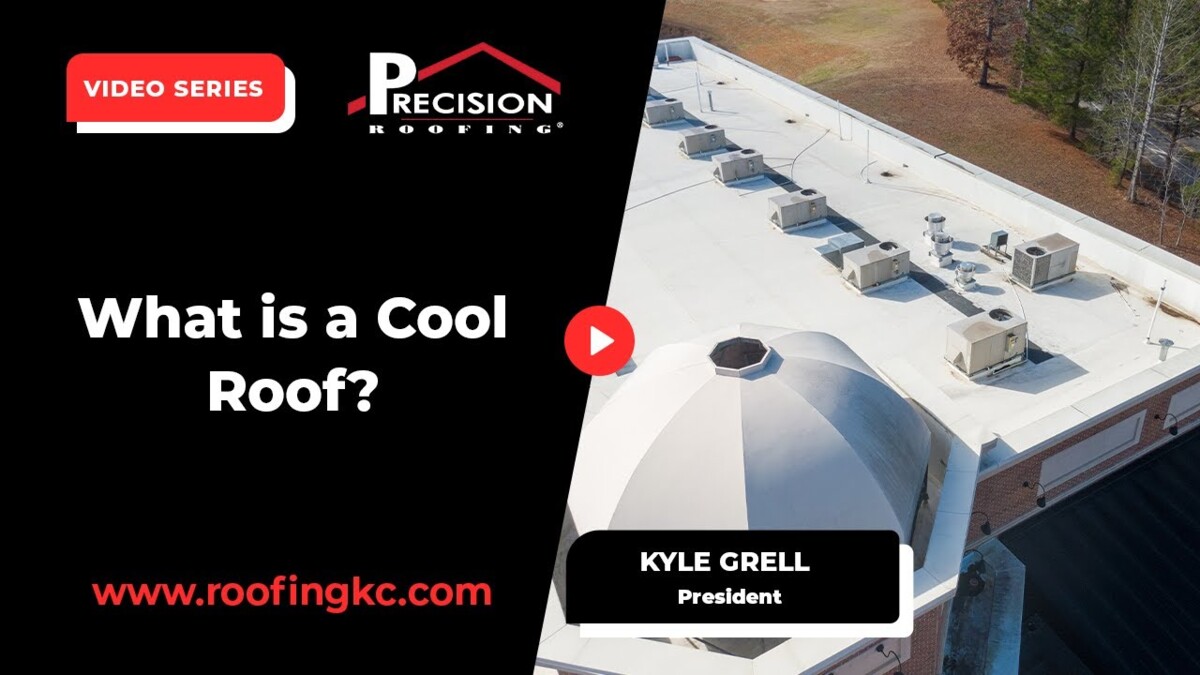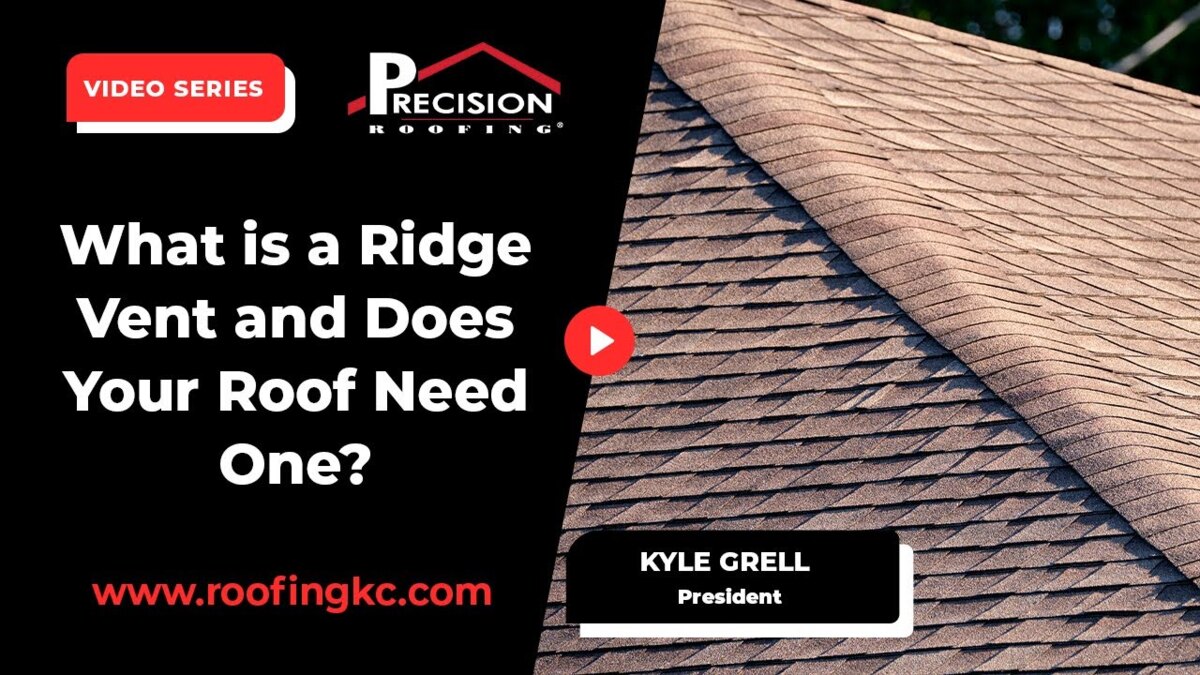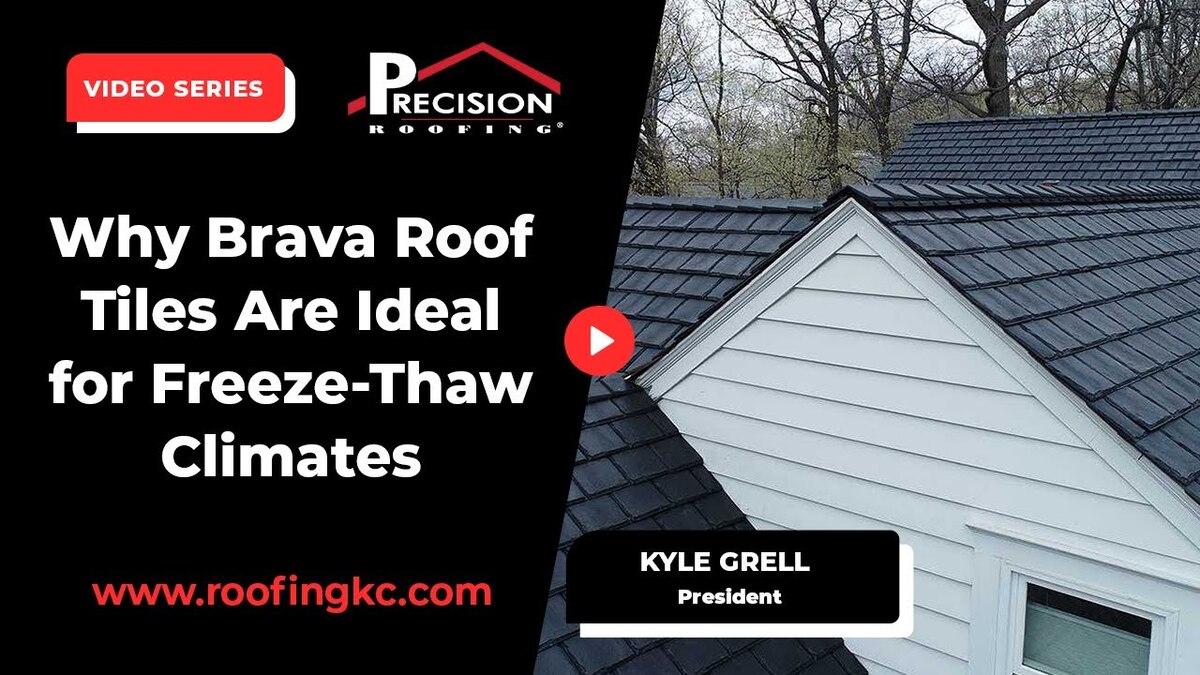After a storm, most homeowners focus on the roof, but damage to gutters and downspouts is just as important to check. Even small dents, clogs, or loose sections can cause water to overflow and drain toward your foundation. Left unaddressed, these problems often lead to basement leaks, siding stains, and long-term structural issues.
At Precision Roofing, we regularly inspect gutter systems after severe weather. We’ve seen how quick action can prevent bigger repairs. Below, we explain what to look for and why it’s important to take gutter damage seriously.
Why Gutter and Downspout Damage Matter After a Storm
Gutters are more than an accessory. They control the flow of rainwater off your roof and away from your home’s foundation. When they’re clogged, dented, or hanging loose after a storm, water has nowhere to go. It spills over, flows down your siding, and pools around the base of your home.
This water buildup can:
- Erode your foundation
- Flood finished basements
- Cause staining on siding or brick
- Increase the risk of mold and mildew around your exterior walls
One of the most common issues we see is water draining straight into the foundation due to poorly functioning downspouts. And once water starts getting into a finished basement, it’s more than a nuisance, it’s a financial headache.
Signs of Storm Damage to Gutters and Downspouts
Some damage is easy to spot. Others are hidden until it’s too late. Here’s what we look for during inspections:
Obvious Damage
- Dents and dings caused by hail
- Dislodged gutter hangers
- Entire downspouts ripped off by high winds
Subtle But Serious Damage
- Gutters filled with roof granules
- Water spilling over even during light rain
- Sagging or slightly misaligned sections
If you notice any of these issues, even if water seems to be draining, don’t wait. They can quickly lead to larger structural issues that go beyond simple roof maintenance.
How Gutter and Downspout Damage After a Storm Affects Your Home
A storm-damaged gutter system doesn’t just affect the outside of your house. It can create a ripple effect throughout your property.
Foundation and Basement Impact
Water that doesn’t drain properly will find its way down into the soil around your foundation. Over time, this causes the soil to shift, which leads to cracking and settling. If you have a finished basement, water seepage can damage flooring, drywall, and furniture.
Siding and Brick Damage
When gutters aren’t functioning, rainwater runs down the sides of your home. This creates:
- Dirt streaks on vinyl or wood siding
- Rust stains on brick exteriors
- Long-term discoloration and degradation of materials
Aesthetic and Structural Issues
Even if the system is technically still draining, dented or sagging gutters ruin your home’s curb appeal. Worse, improperly aligned gutters can create points of failure where water collects, leading to rot, algae growth, and insect problems along the fascia.
Can Your Gutters Withstand Another Storm?
We install seamless gutters built to handle Kansas City’s toughest weather. They’re sturdy and can handle most wind and hail. But every storm is different. Even durable materials have limits. If the hail is large enough, gutters can dent. If winds are strong enough, downspouts can break loose. In some cases, it’s just the aesthetics that suffer. In others, the damage compromises the way your entire system functions.
That’s why we always recommend a post-storm inspection, even if you think things look okay from the ground.
Don’t Wait, Protect Your Roof and Foundation Today
Gutter and downspout damage after a storm can feel like a minor issue, but it’s not. If your gutters aren’t doing their job, water will find a way to damage your home. From flooded basements to cracked foundations and stained siding, the risks grow the longer you wait.
Let Precision Roofing inspect your system and fix it right the first time. We’ll make sure your home stays dry, secure, and ready for the next storm. Contact us today for a free storm damage inspection.



